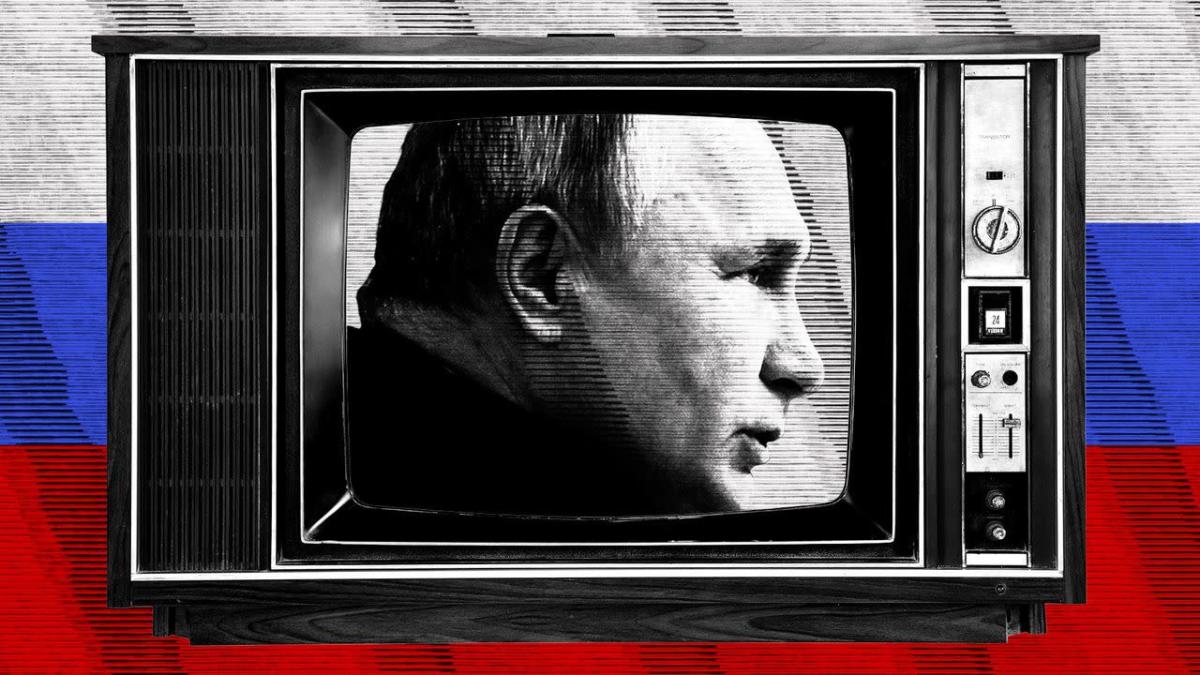
Why it matters: That’s a dangerous proposition for any leader, even an autocrat as entrenched as Putin.But while some experts believe high casualties or sanctions-induced economic distress could destabilize Putin’s regime, others contend that a quick victory would solidify his historic legacy in many Russians’ eyes.
Stay on top of the latest market trends and economic insights with Axios Markets.Subscribe for free
Driving the news: Hundreds of protesters marched through central Moscow Thursday night chanting “no to war,” while hundreds more gathered in St.Petersburg, all despite an explicit threat of arrest from the Interior Ministry.
Meanwhile, several celebrities , journalists and other public figures publicly criticized the invasion.
That stands in stark contrast to the 2014 annexation of Crimea, when the government actively mobilized mass shows of support for a highly popular operation.
This time around, there was “no big demand” for war, and Putin — with his eyes apparently fixed on history rather than public opinion — hardly tried to generate one, says Alexander Baunov of Carnegie Moscow.
Rather than patriotic fervor, Baunov sensed the slight “embarrassment” of Muscovites on Thursday morning as they withdrew cash from ATMs in case Russia is cut off from the global financial system.
Breaking it down: Most Russians were not expecting war on any scale, let alone a full-scale invasion, but a majority also accepts Putin’s argument that the West has created the crisis, says Denis Volkov, director of Russia’s last independent pollster, the Levada Center.
Just 7% blamed the tensions over Ukraine on the Russian government according to one recent poll, Volkov says.The belief in Western culpability among most Russians “will not be shaken,” he adds.
Perceptions of Ukraine were also trending downward before the invasion, in a sign that the relentless coverage on state TV had an effect even as it generated a great deal of fatigue, Volkov says.
Now public opinion is in flux.”It will depend on how long it will be, how bloody it will be, what the response of the West will be,” and whether there is some form of protest movement, he says.
Story continues What to watch: Most of the groups that have rallied past protests have been systematically dismantled over the past few years, most notably Alexei Navalny’s Anti-Corruption Foundation.
During court proceedings Thursday that could add 15 years to his prison sentence, Navalny accused Putin of launching the war “to cover up the theft from Russian citizens and divert their attention” from internal problems.
Vladimir Ashurkov, the now-exiled executive director of Navalny’s foundation, told reporters over dinner in Washington on Tuesday that the timing of the trial was no accident.”Unfortunately, this Ukrainian shitstorm is putting it into the shadows,” he said.
Ashurkov conceded that if Russia effectively absorbs Ukraine with minimal casualties and economic fallout, it could bolster Putin internally.Many in the business and governing elite have grown very concerned by Putin’s maneuvers, he added, but Putin has shown little interest in any opinion but his own.
The bottom line: “Putin is starting to get more isolated from modernity, from the present time, and thinking of himself as a historic figure, making not politics but history,” Baunov says.
He is indeed making history, but the domestic fallout could yet pull him back into the present.
Go deeper: Ukraine-Russia crisis latest developments
More from Axios: Sign up to get the latest market trends with Axios Markets.
Subscribe for free.
